10 Causes of Vertigo: Understanding the Triggers and Risk Factors
Vertigo is a sensation of spinning or dizziness, often accompanied by nausea, vomiting, and loss of balance. It can be a debilitating condition that affects a person’s ability to perform daily activities. This article explores 10 common causes of vertigo to help you better understand the triggers and risk factors.
Benign Paroxysmal Positional Vertigo (BPPV)
BPPV is the most common cause of vertigo and occurs when calcium carbonate crystals in the inner ear become dislodged and move into the semicircular canals, causing dizziness[[2]]. BPPV is typically triggered by changes in head position, such as turning in bed or bending over.
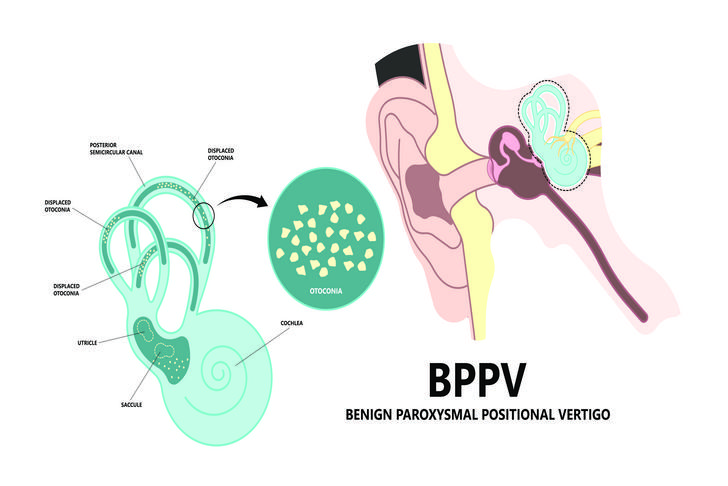
Advertisement
Meniere’s Disease
Meniere’s disease is an inner ear disorder characterized by episodes of vertigo, ringing in the ears (tinnitus), and hearing loss[[3]]. The exact cause of Meniere’s disease is unknown, but it is believed to be related to an abnormal buildup of fluid in the inner ear.
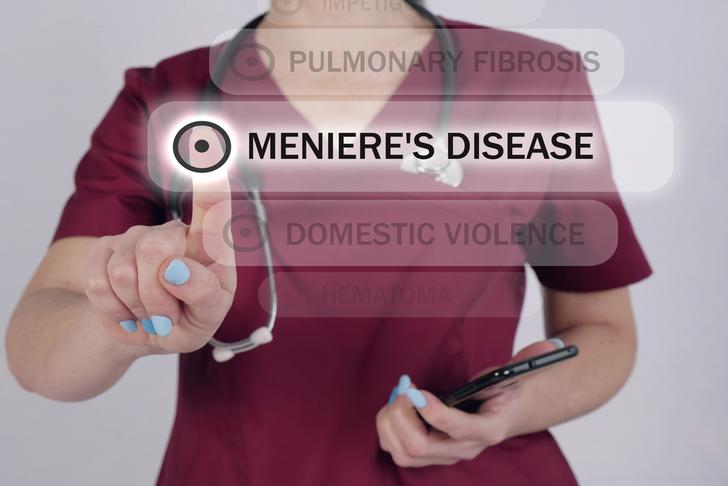
Advertisement
Labyrinthitis
Labyrinthitis is an inflammation of the inner ear, often caused by a viral or bacterial infection[[4]]. This inflammation can disrupt the normal functioning of the vestibular system, leading to vertigo, hearing loss, and tinnitus.
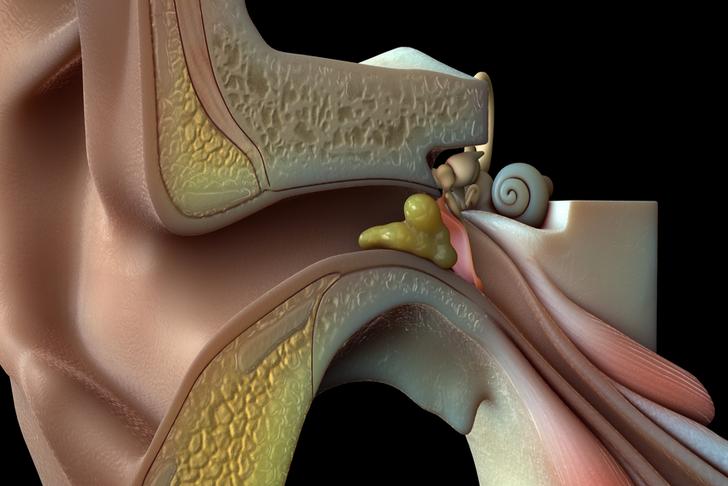
Advertisement
Vestibular Neuronitis
Similar to labyrinthitis, vestibular neuronitis is an inflammation of the vestibular nerve, which is responsible for transmitting balance information from the inner ear to the brain[[5]]. This condition is typically caused by a viral infection and can result in sudden, severe vertigo.

Advertisement
Head Injuries
Head injuries, such as concussions or skull fractures, can damage the inner ear structures and lead to vertigo[[6]]. In some cases, vertigo may persist for weeks or months after the injury.
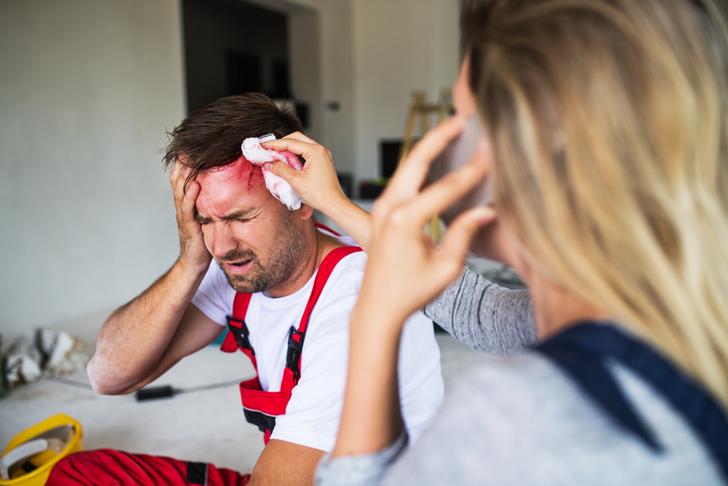
Advertisement
Migraines
Migraines are a type of headache characterized by severe pain, sensitivity to light and sound, and sometimes vertigo[[7]]. In some individuals, vertigo may occur even without the headache, a condition known as vestibular migraine.
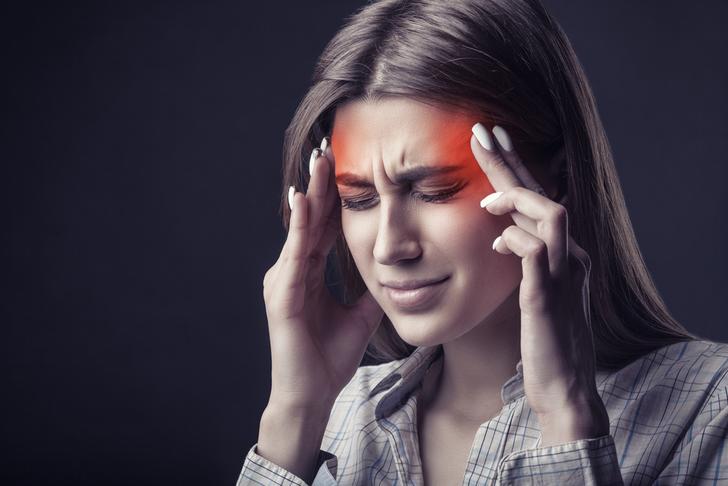
Advertisement
Orthostatic Hypotension
Orthostatic hypotension, or a sudden drop in blood pressure when standing up, can cause dizziness and lightheadedness[[8]]. This condition is more common in older adults and can be a side effect of certain medications, dehydration, or prolonged bed rest.
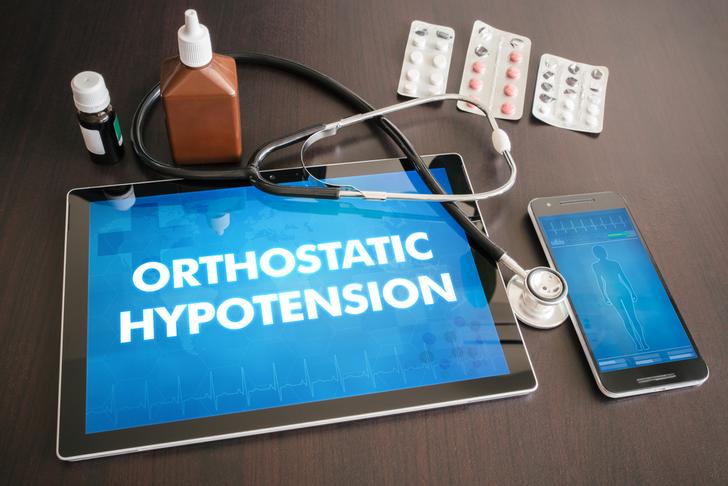
Advertisement
Dehydration
Dehydration can lead to a decrease in blood volume, resulting in reduced blood flow to the brain and causing dizziness[[9]]. Drinking plenty of fluids and avoiding excessive caffeine and alcohol can help prevent dehydration-related vertigo.

Advertisement
Medications
Certain medications, such as blood pressure medications, antidepressants, and sedatives, can cause dizziness as a side effect[[10]]. If you suspect your medication is causing vertigo, consult your healthcare provider to discuss alternative treatment options.

Advertisement
Symptoms
Here’s what you need to know about the symptoms for vertigo:
Spinning sensation: You may feel like you or your surroundings are spinning, tilting, or moving even when you’re still.
Dizziness: A general feeling of lightheadedness, unsteadiness, or imbalance.
Nausea or vomiting: Vertigo can cause feelings of nausea or even lead to vomiting in some cases.
Sweating: Experiencing increased perspiration, often due to the body’s response to feeling dizzy.
Difficulty focusing: Trouble concentrating, blurred vision, or disorientation can occur during vertigo episodes.
Loss of balance: Feeling unsteady on your feet, stumbling, or having trouble maintaining balance.
Advertisement
Treatments for Vertigo
Treatments for vertigo can vary. Explore some vertigo treatments below:
Epley maneuver: A series of head and body movements performed by a healthcare provider to reposition displaced crystals in the inner ear, often used to treat benign paroxysmal positional vertigo (BPPV).
Vestibular rehabilitation: A specialized therapy program led by physical therapists to improve balance and reduce symptoms of vertigo.
Medications: Certain medications, such as anti-vertigo drugs or anti-nausea medications, may be prescribed to alleviate symptoms or manage underlying causes.
Lifestyle changes: Avoiding triggers like sudden head movements, caffeine, alcohol, and smoking can help reduce the frequency and severity of vertigo episodes.
Home remedies: Simple techniques like focusing on a fixed point, using good lighting, and sitting or lying down during episodes can provide relief. Resting in a quiet and dark room may also be helpful.
Addressing underlying causes: If vertigo is caused by an underlying condition, such as inner ear infections, Meniere’s disease, or migraines, treating or managing the root cause can help alleviate symptoms.
Advertisement
Conclusion
In summary, vertigo is a condition characterized by a spinning or dizzy sensation, often caused by issues in the inner ear or other underlying conditions. By consulting with a healthcare provider, individuals experiencing recurring or severe vertigo episodes can receive a proper diagnosis and appropriate treatment options tailored to their needs.
It’s important to remember that effective treatments are available to manage the symptoms of vertigo and improve one’s quality of life. By following healthcare professionals’ guidance and implementing recommended strategies, individuals can regain their balance and minimize the impact of vertigo on their daily activities.
Understanding the causes, symptoms, and available treatments for vertigo empowers individuals to seek timely medical attention and take control of their condition. Doing so allows them to navigate their way toward a life with improved balance, reduced symptoms, and enhanced well-being.

Advertisement





